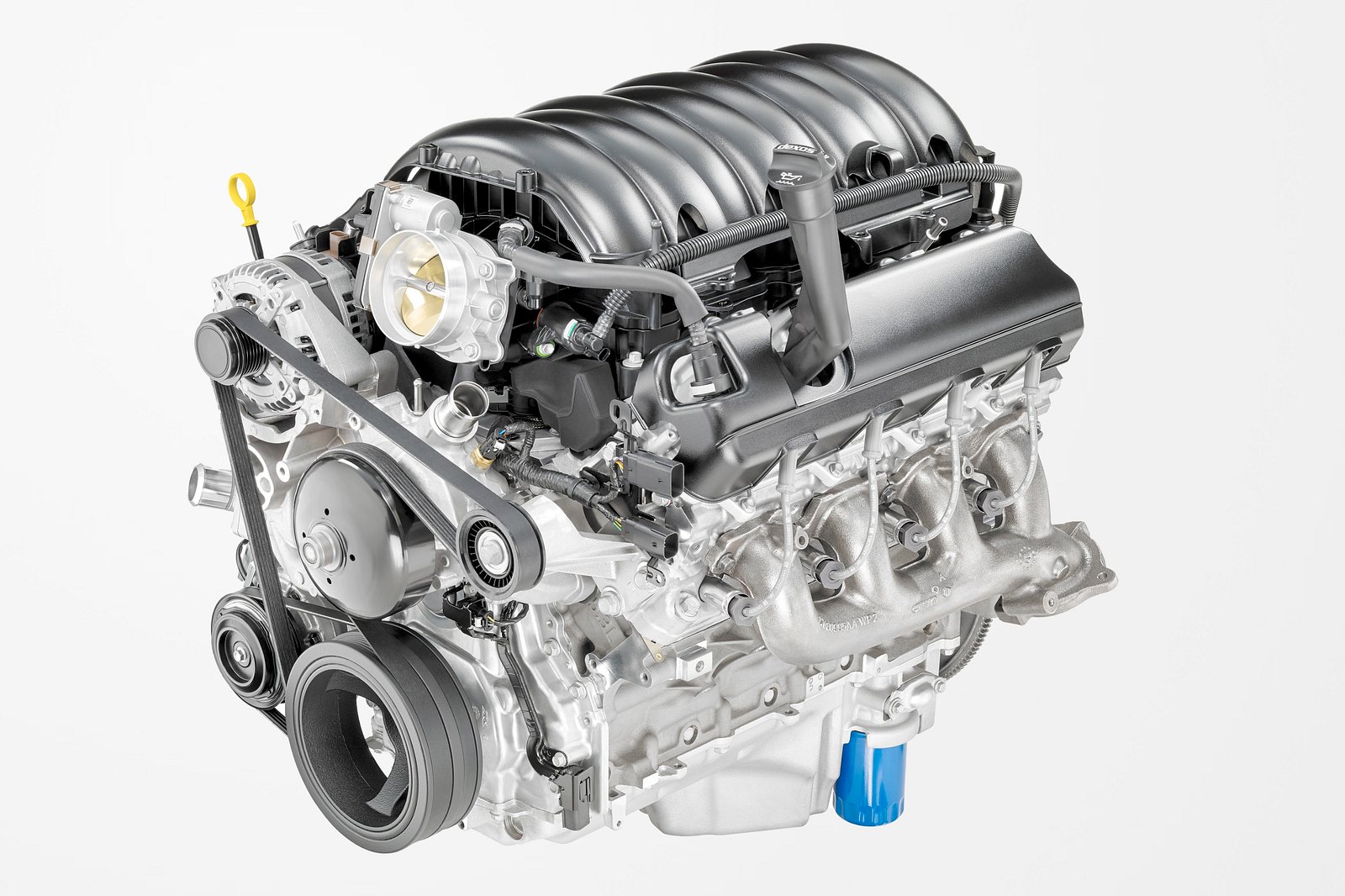[ad_1]
Vehicles with L87 engines employ Dynamic Fuel Management, which saves fuel and maximizes efficiency. In simple terms, Dynamic Fuel Management means using a reduced number of cylinders when the engine’s full power isn’t required. Instead of letting a large, powerful engine operate at a fraction of its capability, which wastes power, the Dynamic Fuel Management system shuts off some of its cylinders, only using the number of cylinders needed to get the power required.
The full might of a V8 may be needed for tasks such as towing heavy loads, but most of the time, four cylinders (or even as little as two) are enough to get from A to B. This results in significantly improved engine efficiency, increasing observed fuel economy without a reduction in the performance of the vehicle.
The Dynamic Fuel Management system is a successor of Active Fuel Management, an earlier form of cylinder deactivation technology. Active Fuel Management only had two cylinder modes, using all eight or four cylinders. Dynamic Fuel Management is far more complex: a computer-based system continuously monitors the pressure on the accelerator pedal, re-calculating how many active cylinders are required to produce the required torque. This calculation is performed 80 times per second, ensuring the system is as efficient as possible.
[ad_2]

